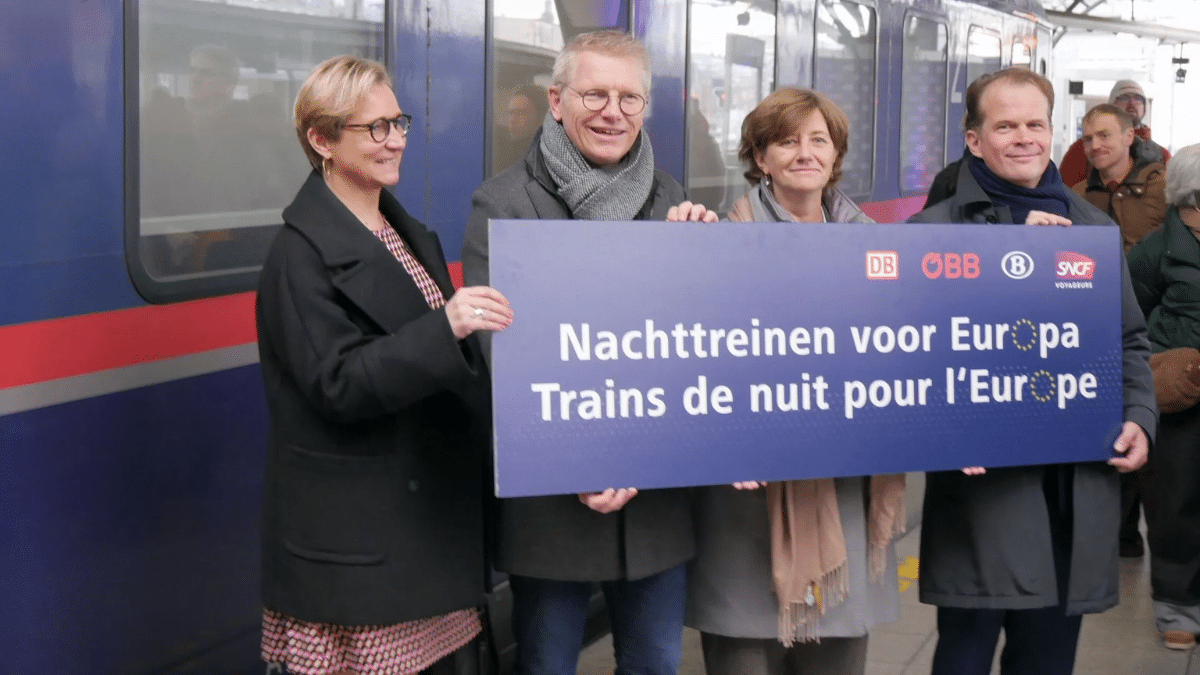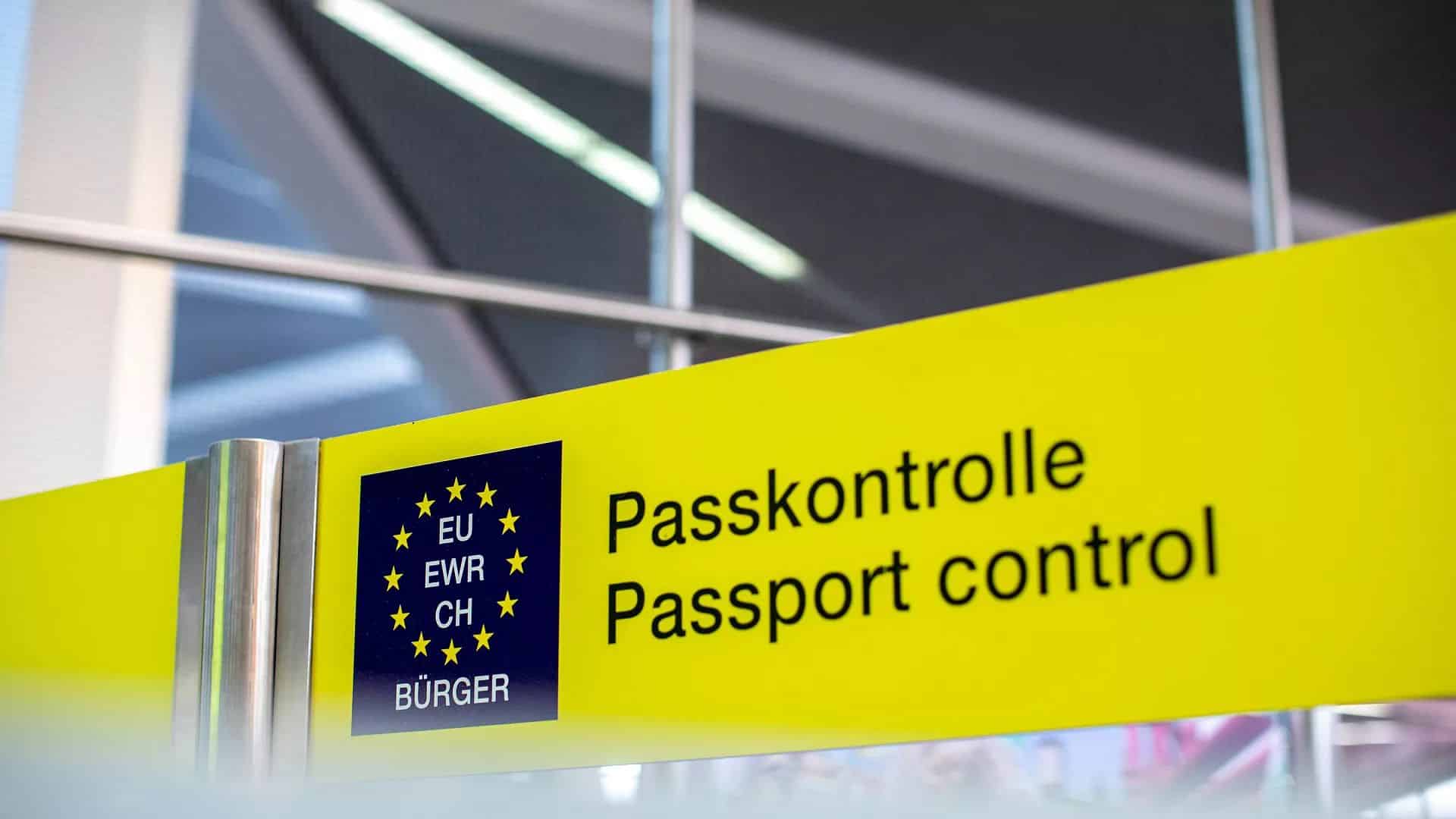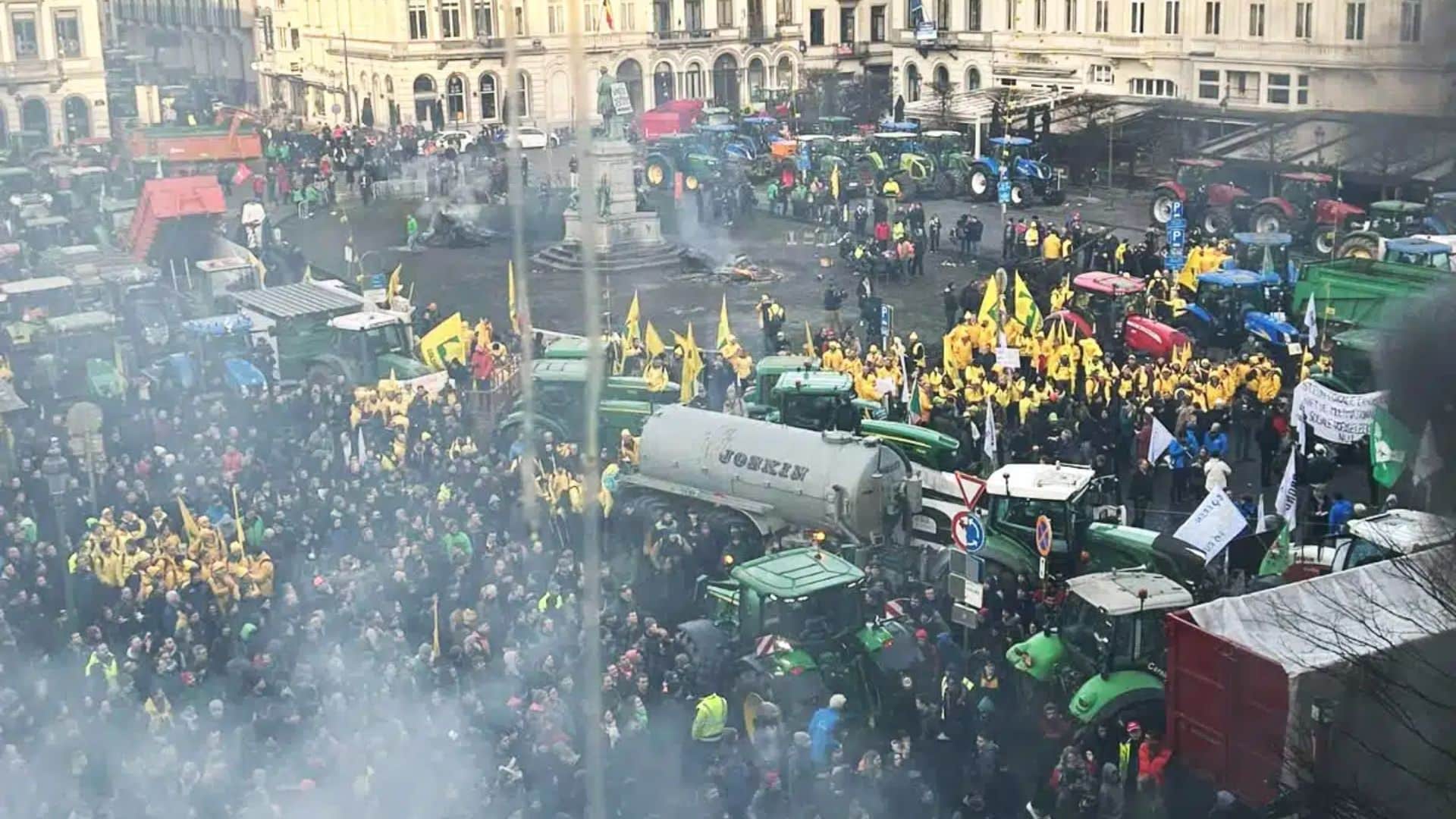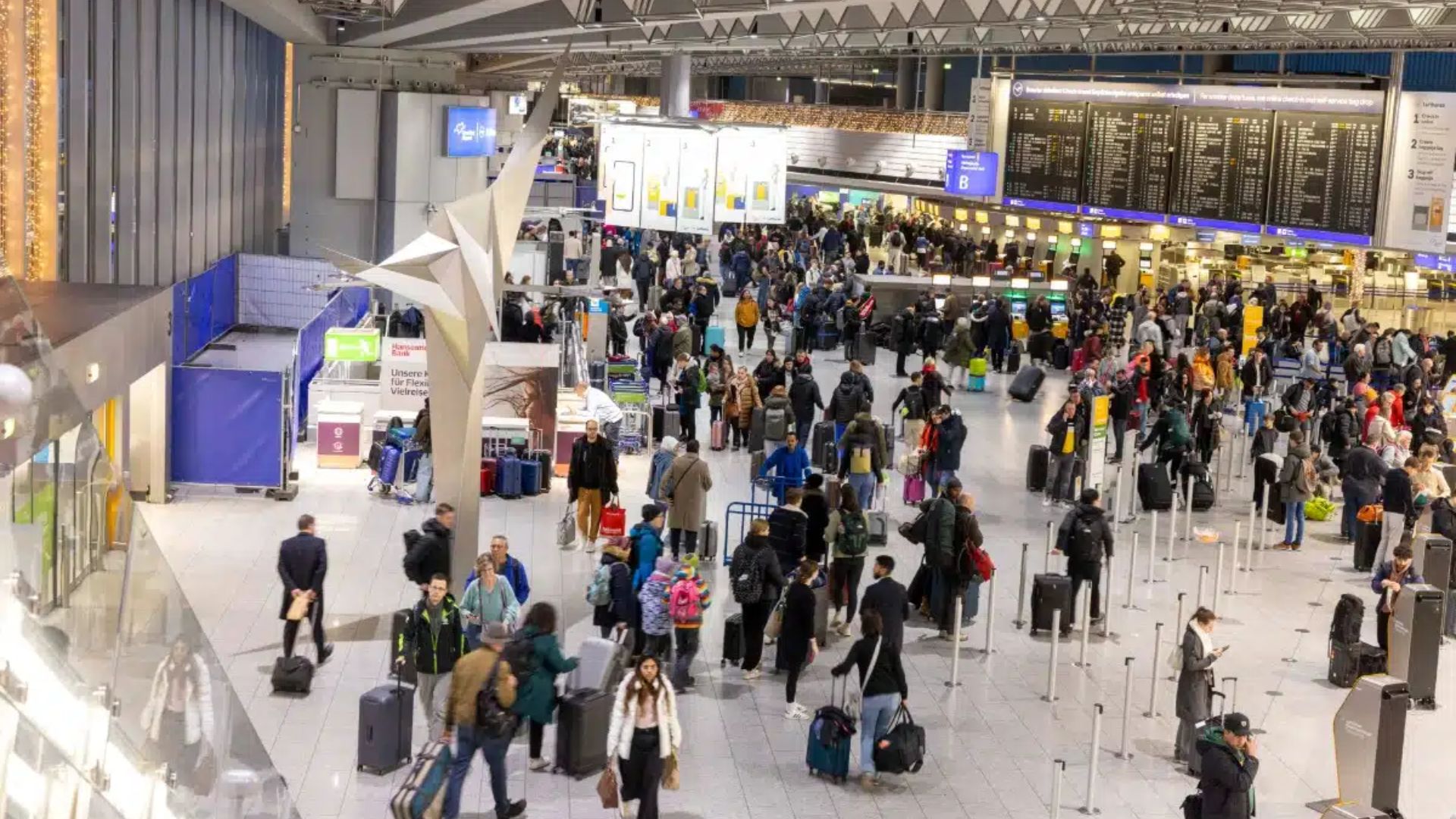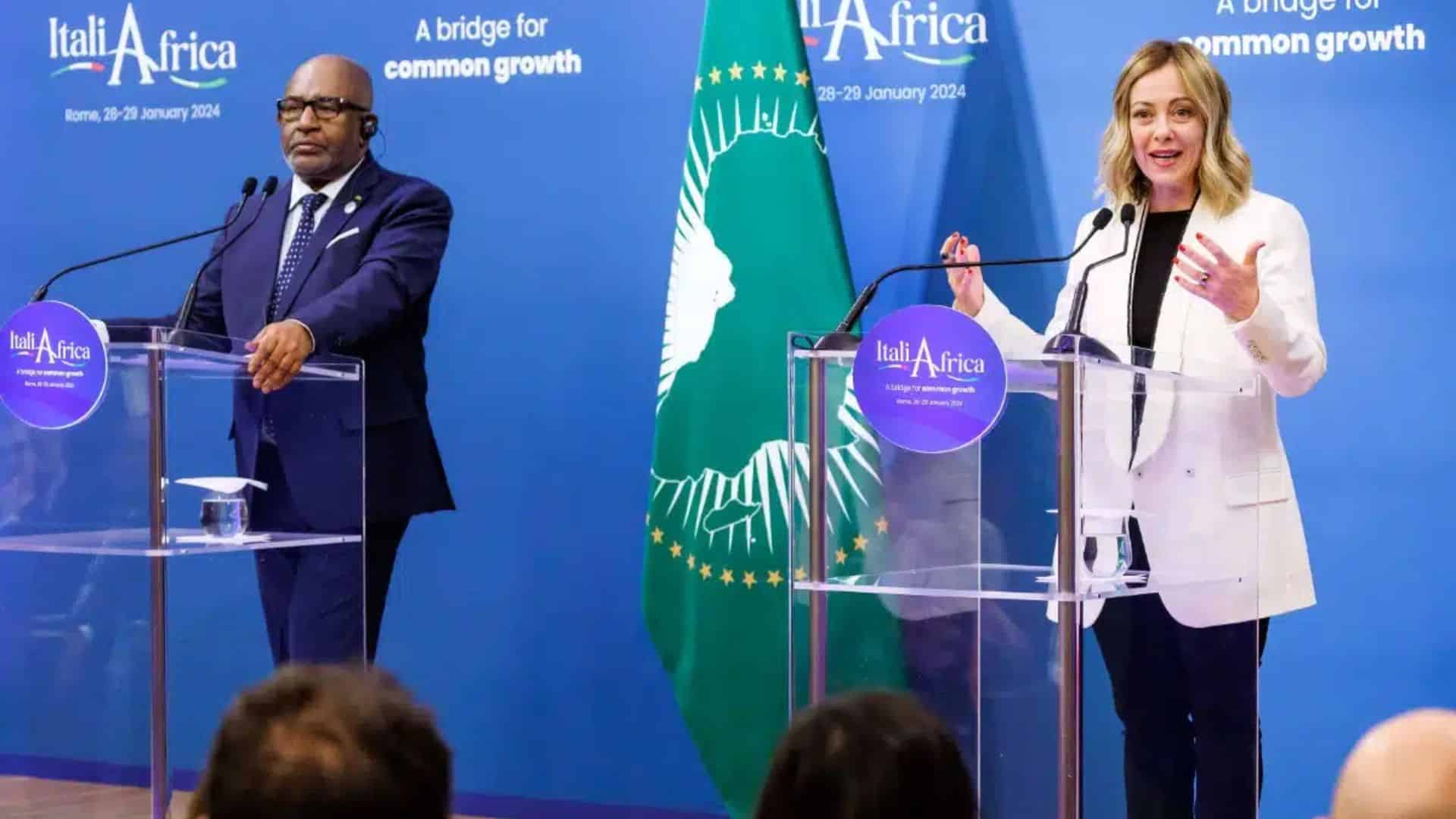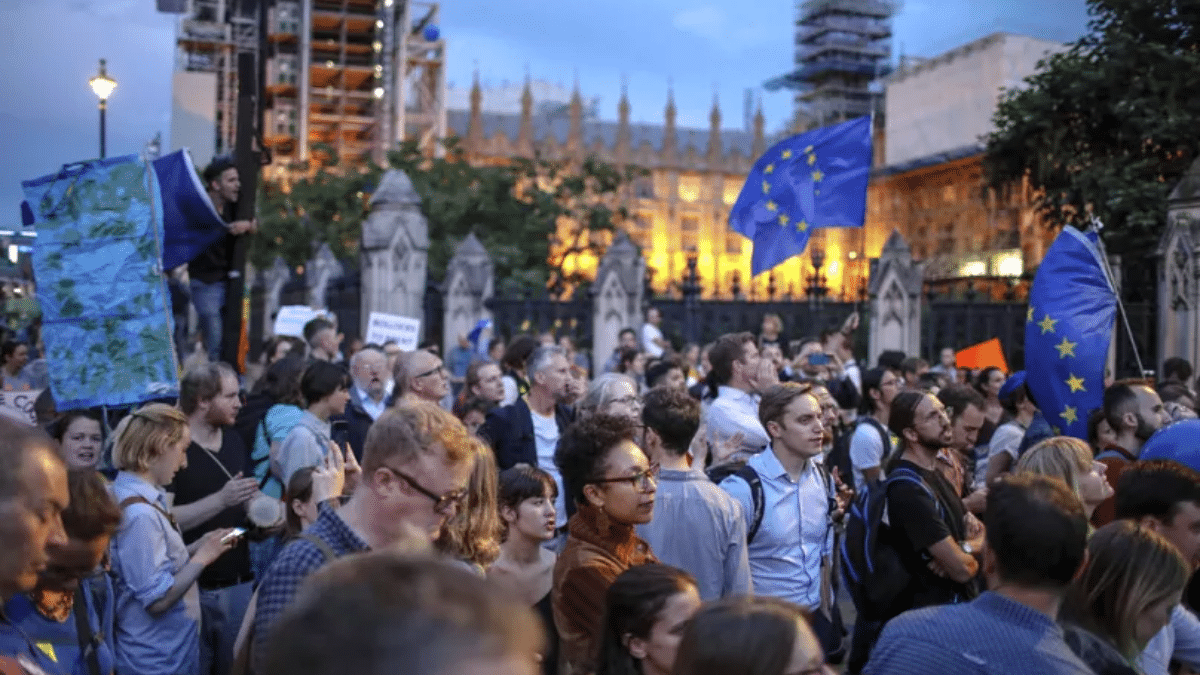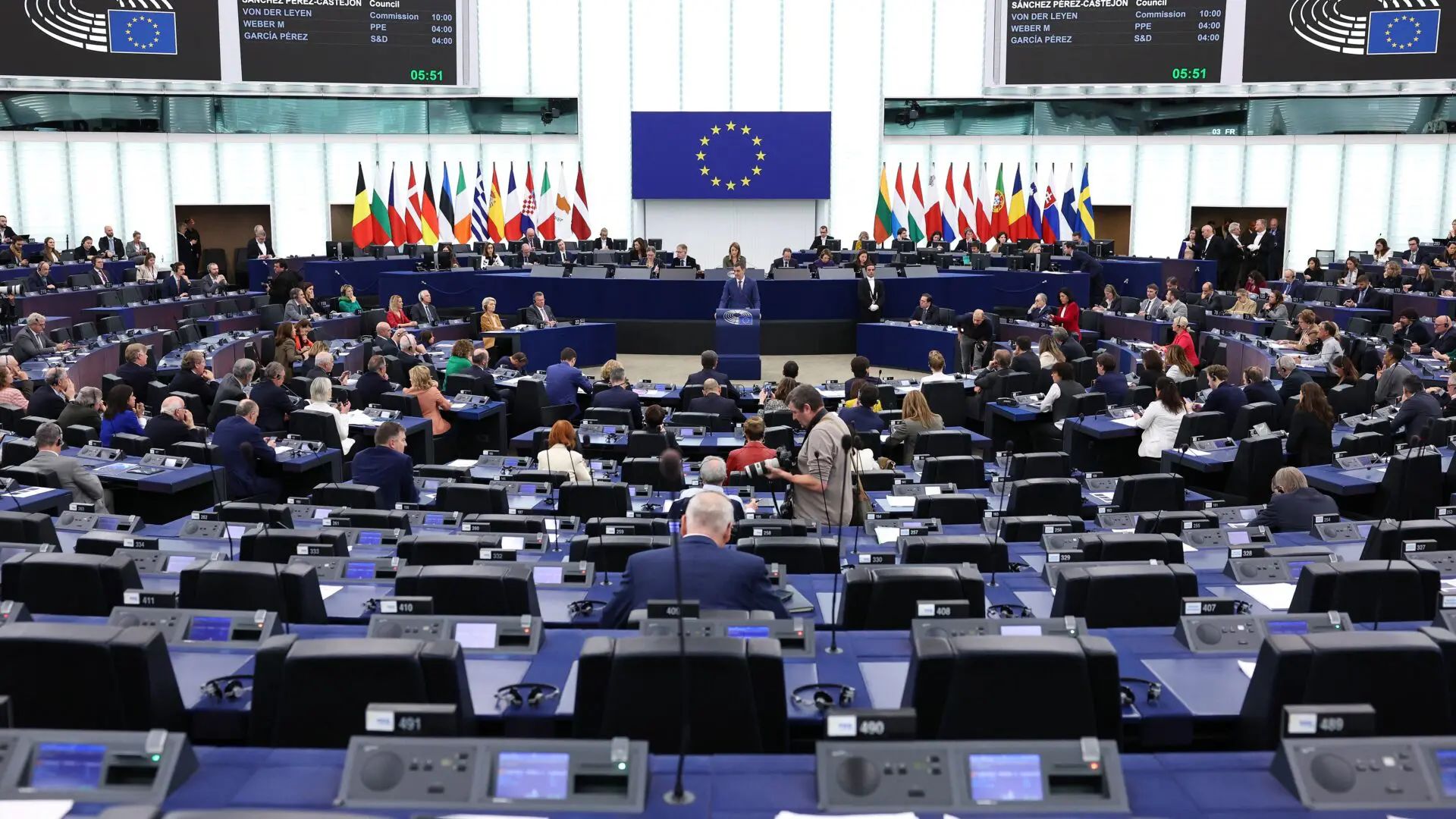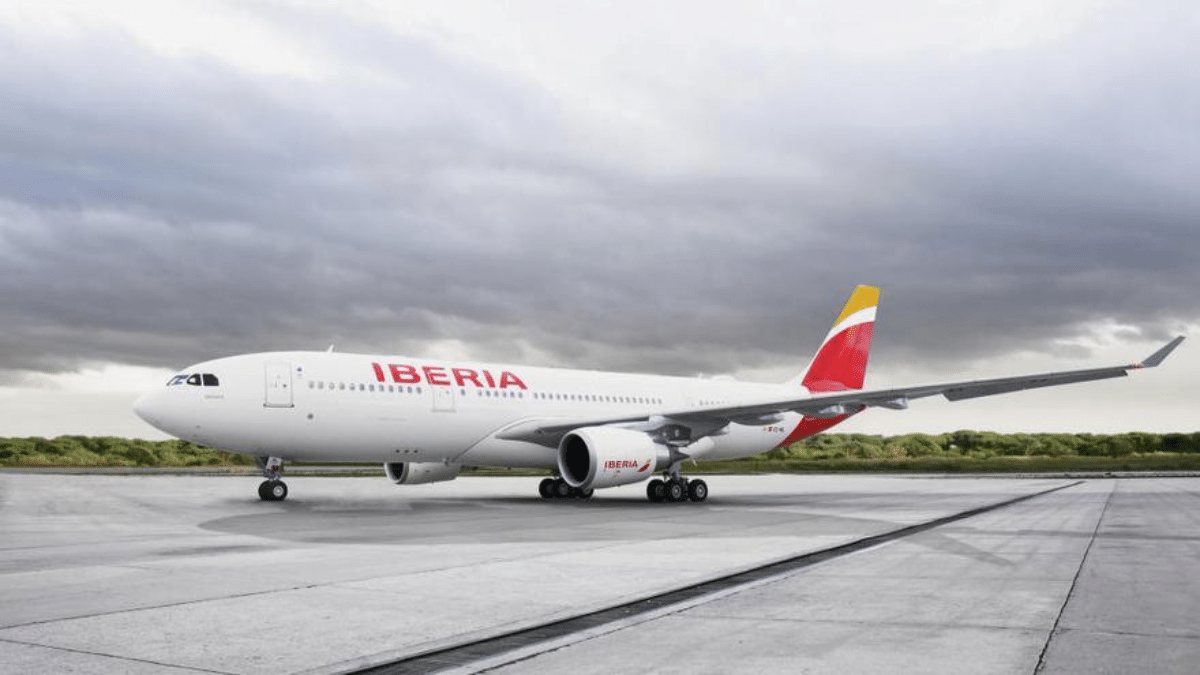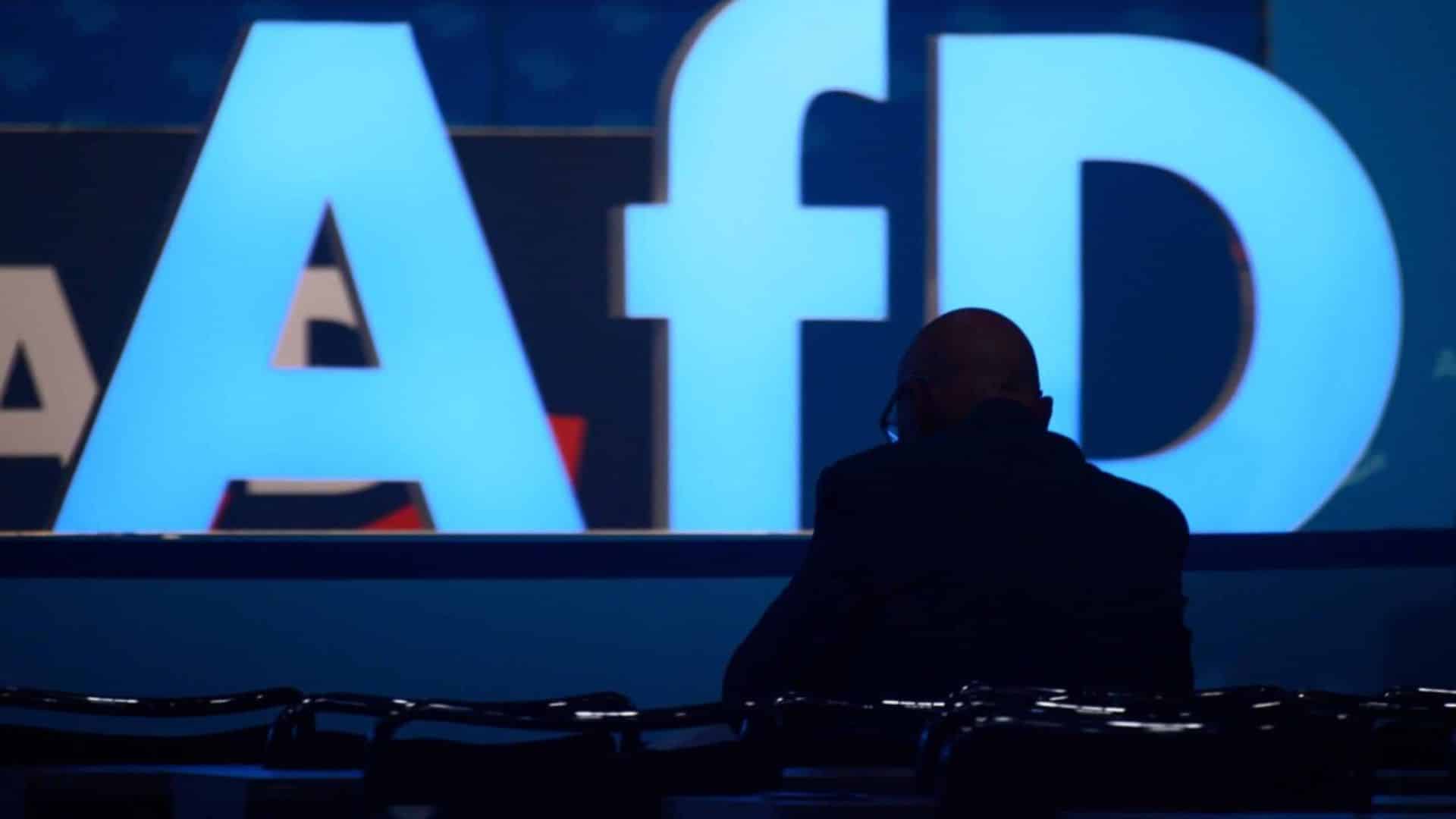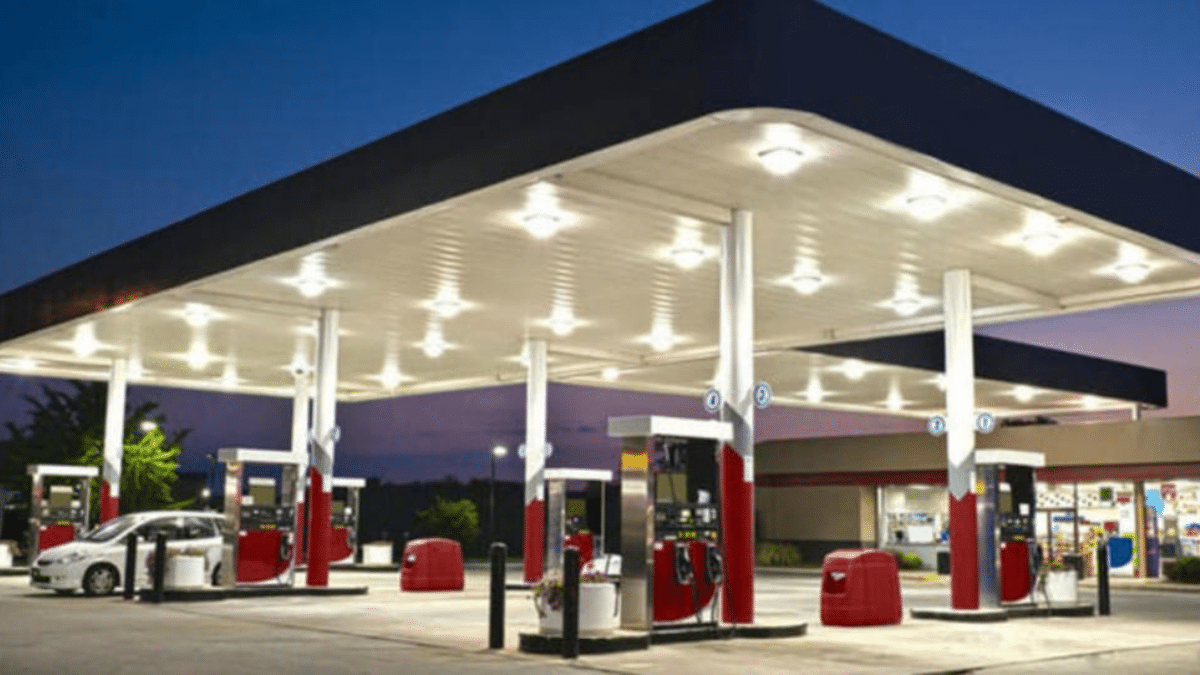
The petrol station trilemma
The director general of the Spanish Confederation of Service Station Entrepreneurs (Ceees), Nacho Rabadán, warned on Friday of the “trilemma” facing Spanish petrol stations with the energy transition underway, the need to adapt and high prices, marked by a “very strange” market at the moment.
Before taking part in a meeting with the Valladolid CEOE employers’ association, asked about the current situation in the sector, Rabadán explained that the reality is that they are facing what he called an “energy ‘trilemma'” because they must provide a fuel service to 99% of the vehicles in the fleet, but at the same time be prepared for the transition to other propulsion formulas and offer “competitive” prices.
“In these three legs of the stool is the game”, said the businessman, convinced that currently the investment to convert a conventional petrol station into an electric filling station is “absolutely ruinous”.
In this sense, he explained that his organisation of petrol stations drew up a report for the subcommittee created on this matter in the Congress of Deputies in which “it is clear that not even in 10 years is this investment amortised”, with the existing aid included, which can reach up to 40% of the amounts.
“We want to continue preparing for the future and we don’t want to be caught on the wrong foot and when society really starts to demand these other mobility options, then we will have laid the foundations to be able to offer it to them and not rush into it, but today it is an absolutely ruinous investment”, he summarised.
Petrol stations claim that transforming their establishments into petrol stations now requires an investment that will not even pay for itself in 10 years.
Also asked about the effects of the 20 cent rebate applied by the central government at the time of the highest price rises last year, Rabadán indicated that current prices are “unaffordable”, and that this “well-intentioned” measure was ultimately “poorly designed and poorly executed”.
He indicated that those responsible for the service stations had to “act as bankers”, with an effort of 40,000 euros that were advanced by the companies, in his opinion confused with the oil companies, when in reality they are SMEs. “We are two completely different business realities”, he added.
“They should not think that by dispensing petrol and diesel, we have an oil well under there and that we can happily advance 40,000 euros every month”, he added, before denouncing the Administration’s delay in returning these amounts.
The president of the service station employers’ association affirms that they offer “the lowest they can get”.
On current prices, he said that petrol station owners offer “the lowest price they can get”, but clarified that four months ago a tank cost “practically half” of what it costs now, “logically” they have to pass this on in prices, otherwise they would have to close down.
Rabadán indicated that this situation is generated “because the producing countries cut production because there is no investment in refining, because there is no properly planned energy transition” when talking about putting an end to these energy sources.
“The companies that are involved in that stop investing. Europe has lost almost 20% of its refining capacity in the last decade”, he stressed, convinced that this “ultimately influences” prices by generating a “bottleneck” in the supply of crude oil and refining.
The businessman has demanded tax reductions from the Administration “in a context like this”, at a time when the ‘greener’ the petrol is through bioethanol, for example, “the more taxes it pays”.
“We understand that this makes absolutely no sense”, said Rabadán, who gave France as an example of the opposite, where users take advantage of better prices for fuels produced using ‘green’ techniques.


